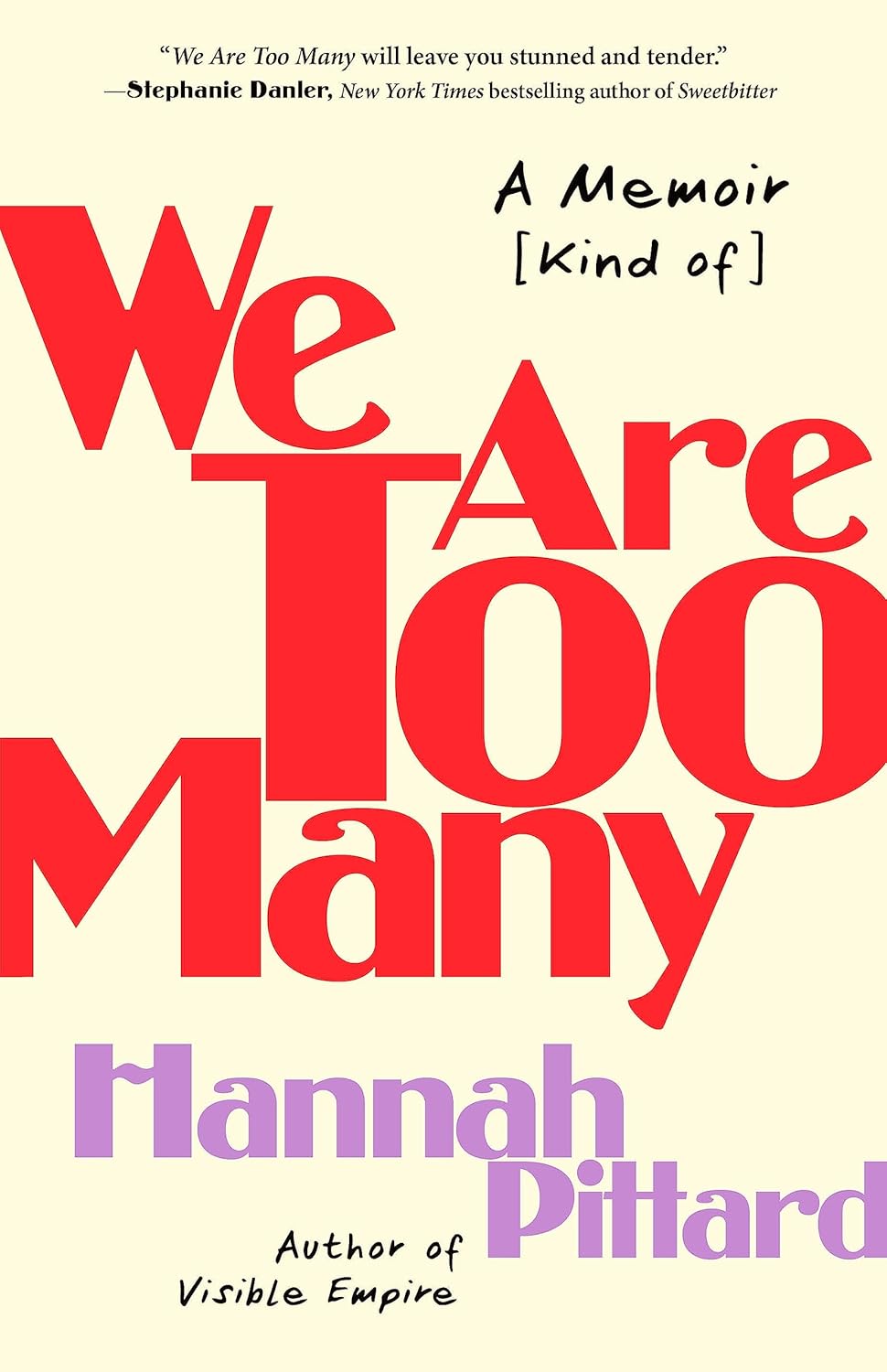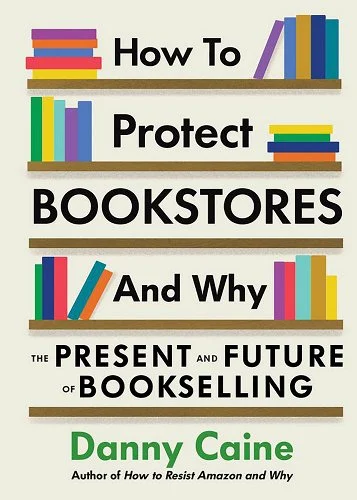
Anna Wiener was a twentysomething living in Brooklyn in the 2010s and working in publishing when, on a whim, she applied to work for a tech startup in the e-book space. After a few months there, she decided to move to San Francisco and try her luck in the promised land of tech. Uncanny Valley is Wiener’s memoir about working at two startups in San Francisco and her take on the digital economy and what it’s like to experience it from the inside.
Why I picked it: I love memoirs, and I work for a tech startup so I figured I’d recognize some of what she describes. I am fascinated – always have been – with anything Internet-related, so this was a no-brainer.
Off the bat: Wiener is a beautiful writer. What I would give to have her talent! She writes so eloquently about San Francisco, her colleagues, the work she did – she made it poetic. About SF: “The city, trapped in nostalgia for its own mythology, stuck in a hallucination of a halcyon past, had not quite caught up to the newfound momentum of tech’s dark triad: capital, power, and a bland, overcorrected heterosexual masculinity.” About a cabinet secretary: “I wondered what it was like to lead a life of public service – climbing the ladder, accumulating credentials, walking the thinnest lines, probably owning a tuxedo – only to find himself catering to the growing power of Silicon Valley, with its baby tyrants, all the one-hit wonders who had dropped out of school and become their own bosses and thought they knew how the world worked.”
So I thought the first half of this book was brilliant. Wiener depicted so well the culture shock in the tech world, her vacillation between wanting to belong and questioning the value of her work, and the occasional absurdity of the digital economy. She also raises legitimate questions about privacy and the amount of personal information available to employees at all levels of the companies she worked for, a data analytics startup and an open source sharing site (unnamed, but it’s Github). I relished every page, nodding in recognition at times, eagerly absorbing information at others.
The second half of the book took a turn, though, and became somewhat meandering and lost its purpose. Wiener has general complaints about how women are treated in tech, but she doesn’t base them in her own experience beyond a few limited examples. She is restless in her customer success manager role, far removed from and considered less important than her developer colleagues’, but she doesn’t seem to have a sense for what she’d rather be doing. She’s sort of along for the ride. Aside from Weiner’s high-level doomsday warnings about the dangers posed by “the social network everyone hates” and the monetization of data and erosion of privacy, it’s hard to get at her agenda.
So Uncanny Valley was a mixed bag for me. I *loved* a lot of it, but in the end was left a bit empty. On balance, though, I’d recommend picking it up.
Uncanny Valley was Book #2 of 2020 and also satisfied the Non-Fiction category of the 2020 EDIWTB Reading Challenge.












About Me
I have been blogging about books here at Everyday I Write the Book since 2006. I love to read, and I love to talk about books and what other people are reading.